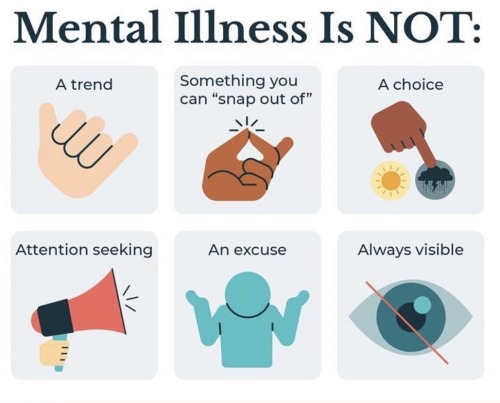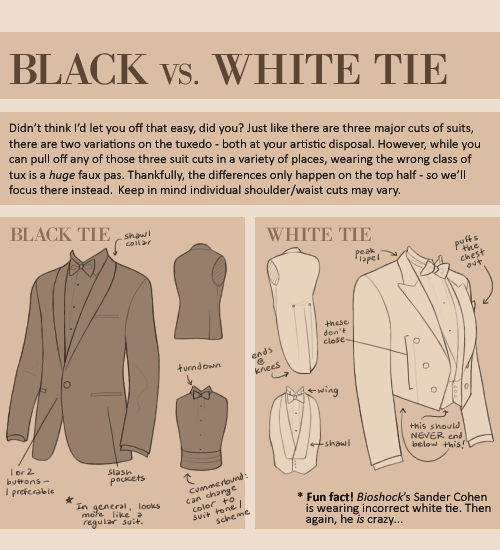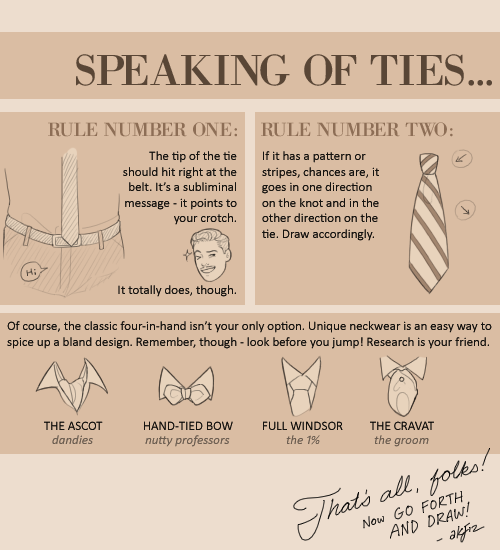Character Flaws That Can Add Depth And Complexity To Your Characters:
Character flaws that can add depth and complexity to your characters:
1. Stubbornness: A character who is excessively stubborn may refuse to listen to others' perspectives or admit when they're wrong, leading to conflicts and missed opportunities for growth.
2. Impulsiveness: An impulsive character acts without thinking, often leading to hasty decisions or reckless behavior that can have negative consequences.
3. Jealousy: A character plagued by jealousy may struggle with feelings of insecurity and possessiveness, causing strain in relationships and potential conflicts with others.
4. Indecisiveness: An indecisive character finds it difficult to make choices, leading to delays, missed opportunities, and frustration from others.
5. Arrogance: An arrogant character believes they are superior to others and often dismisses or belittles those around them, creating tension and damaged relationships.
6. Insecurity: A character with deep-seated insecurity may constantly seek validation and struggle with self-doubt, impacting their decisions and relationships.
7. Impatience: An impatient character lacks tolerance for delays or setbacks, which can lead to rushed actions, poor judgment, and strained relationships.
8. Manipulativeness: A manipulative character uses deceit and manipulation to control others for their own gain, creating a web of lies and mistrust.
9. Hot-tempered: A hot-tempered character easily becomes angry or loses their temper, leading to impulsive actions, damaged relationships, and potential violence.
10. Perfectionism: A perfectionistic character sets impossibly high standards for themselves and others, often leading to stress, frustration, and strained relationships.
11. Distrust: A character with trust issues struggles to trust others, leading to difficulty forming meaningful connections and maintaining healthy relationships.
12. Procrastination: A character who frequently procrastinates avoids tasks or responsibilities, causing unnecessary stress and potential negative consequences.
13. Selfishness: A selfish character prioritizes their own needs and desires above others, disregarding the feelings and well-being of those around them.
14. Pessimism: A pessimistic character constantly expects the worst outcome, which can lead to negativity, lack of motivation, and strained relationships.
15. Impulsiveness: An impulsive character acts on their immediate desires without considering the consequences, often leading to reckless behavior and regrets.
flaws make characters more relatable and human. They create internal and external conflicts and provide opportunities for growth and development throughout your story.
Happy writing!
More Posts from Yazpop999 and Others

Spring is only one month away.

Tired bumblebees fallen asleep inside some flowers with pollen on their butts. https://ift.tt/2IeFsQP












Overwatch icons! Credit isn’t necessary, just like/reblog please (part 2 of 3)



Break the stigma







-
 restlessdaydreaming liked this · 1 week ago
restlessdaydreaming liked this · 1 week ago -
 fluffy-hopscotch liked this · 2 weeks ago
fluffy-hopscotch liked this · 2 weeks ago -
 kuichihimei liked this · 2 weeks ago
kuichihimei liked this · 2 weeks ago -
 ljournal22 liked this · 2 weeks ago
ljournal22 liked this · 2 weeks ago -
 4-the-earpiest-earp-7 reblogged this · 2 weeks ago
4-the-earpiest-earp-7 reblogged this · 2 weeks ago -
 4-the-earpiest-earp-7 liked this · 2 weeks ago
4-the-earpiest-earp-7 liked this · 2 weeks ago -
 lillalis liked this · 2 weeks ago
lillalis liked this · 2 weeks ago -
 shesfxckedinthehead liked this · 2 weeks ago
shesfxckedinthehead liked this · 2 weeks ago -
 bubblelockerwhitter liked this · 3 weeks ago
bubblelockerwhitter liked this · 3 weeks ago -
 unattainablesillygoose liked this · 3 weeks ago
unattainablesillygoose liked this · 3 weeks ago -
 anaspiringarsonist liked this · 3 weeks ago
anaspiringarsonist liked this · 3 weeks ago -
 missameliep liked this · 3 weeks ago
missameliep liked this · 3 weeks ago -
 thelockeryoudontown liked this · 3 weeks ago
thelockeryoudontown liked this · 3 weeks ago -
 plafyoul liked this · 3 weeks ago
plafyoul liked this · 3 weeks ago -
 thetranstwink liked this · 3 weeks ago
thetranstwink liked this · 3 weeks ago -
 natashahia liked this · 3 weeks ago
natashahia liked this · 3 weeks ago -
 usernameunavaliable liked this · 3 weeks ago
usernameunavaliable liked this · 3 weeks ago -
 whisperofstardust liked this · 4 weeks ago
whisperofstardust liked this · 4 weeks ago -
 miasarah liked this · 4 weeks ago
miasarah liked this · 4 weeks ago -
 chaoticcreatorgardendean liked this · 1 month ago
chaoticcreatorgardendean liked this · 1 month ago -
 thelondon-werewolf liked this · 1 month ago
thelondon-werewolf liked this · 1 month ago -
 artisan-king-morleus liked this · 1 month ago
artisan-king-morleus liked this · 1 month ago -
 turquoise20seashells liked this · 1 month ago
turquoise20seashells liked this · 1 month ago -
 antefred03 liked this · 1 month ago
antefred03 liked this · 1 month ago -
 3xelci0r liked this · 1 month ago
3xelci0r liked this · 1 month ago -
 weepingcowboywolfbat liked this · 1 month ago
weepingcowboywolfbat liked this · 1 month ago -
 idontlikelemonsss liked this · 1 month ago
idontlikelemonsss liked this · 1 month ago -
 stalker-material liked this · 1 month ago
stalker-material liked this · 1 month ago -
 evancrusd liked this · 1 month ago
evancrusd liked this · 1 month ago -
 gotothelui liked this · 1 month ago
gotothelui liked this · 1 month ago -
 lillais17 liked this · 1 month ago
lillais17 liked this · 1 month ago -
 kalowemusic reblogged this · 1 month ago
kalowemusic reblogged this · 1 month ago -
 bl0rb liked this · 1 month ago
bl0rb liked this · 1 month ago -
 intoner8 liked this · 1 month ago
intoner8 liked this · 1 month ago -
 nirvana-8 liked this · 2 months ago
nirvana-8 liked this · 2 months ago -
 rainysflowergarden reblogged this · 2 months ago
rainysflowergarden reblogged this · 2 months ago -
 endless-sea-cloudy-nights liked this · 2 months ago
endless-sea-cloudy-nights liked this · 2 months ago -
 irondreamlandcloud reblogged this · 2 months ago
irondreamlandcloud reblogged this · 2 months ago -
 irondreamlandcloud liked this · 2 months ago
irondreamlandcloud liked this · 2 months ago -
 jaysreviews liked this · 2 months ago
jaysreviews liked this · 2 months ago -
 sapphicsaebyeok liked this · 2 months ago
sapphicsaebyeok liked this · 2 months ago -
 paws-of-the-quill liked this · 2 months ago
paws-of-the-quill liked this · 2 months ago -
 7ove7etter liked this · 2 months ago
7ove7etter liked this · 2 months ago -
 spash4life liked this · 2 months ago
spash4life liked this · 2 months ago -
 annoyingdelusioncreation liked this · 2 months ago
annoyingdelusioncreation liked this · 2 months ago -
 the-coolest-black-brother liked this · 2 months ago
the-coolest-black-brother liked this · 2 months ago -
 blub3rrie liked this · 3 months ago
blub3rrie liked this · 3 months ago -
 jane-writes-shits reblogged this · 3 months ago
jane-writes-shits reblogged this · 3 months ago

